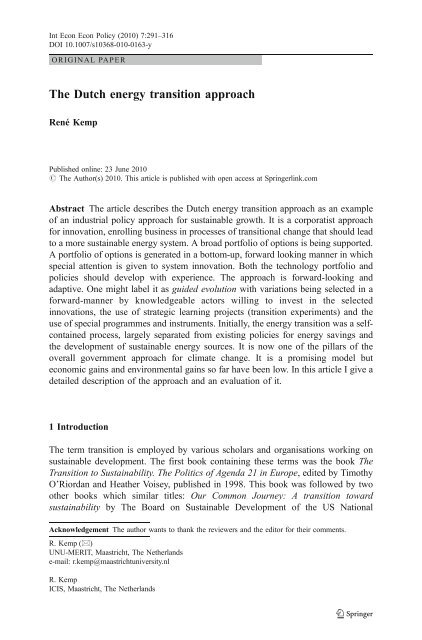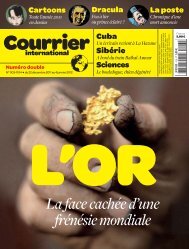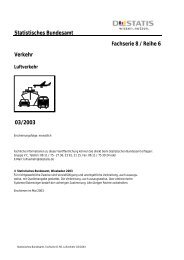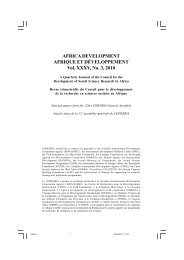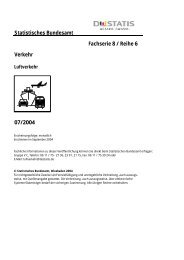The international economics of resources and resource ... - Index of
The international economics of resources and resource ... - Index of
The international economics of resources and resource ... - Index of
You also want an ePaper? Increase the reach of your titles
YUMPU automatically turns print PDFs into web optimized ePapers that Google loves.
Int Econ Econ Policy (2010) 7:291–316<br />
DOI 10.1007/s10368-010-0163-y<br />
ORIGINAL PAPER<br />
<strong>The</strong> Dutch energy transition approach<br />
René Kemp<br />
Published online: 23 June 2010<br />
# <strong>The</strong> Author(s) 2010. This article is published with open access at Springerlink.com<br />
Abstract <strong>The</strong> article describes the Dutch energy transition approach as an example<br />
<strong>of</strong> an industrial policy approach for sustainable growth. It is a corporatist approach<br />
for innovation, enrolling business in processes <strong>of</strong> transitional change that should lead<br />
to a more sustainable energy system. A broad portfolio <strong>of</strong> options is being supported.<br />
A portfolio <strong>of</strong> options is generated in a bottom-up, forward looking manner in which<br />
special attention is given to system innovation. Both the technology portfolio <strong>and</strong><br />
policies should develop with experience. <strong>The</strong> approach is forward-looking <strong>and</strong><br />
adaptive. One might label it as guided evolution with variations being selected in a<br />
forward-manner by knowledgeable actors willing to invest in the selected<br />
innovations, the use <strong>of</strong> strategic learning projects (transition experiments) <strong>and</strong> the<br />
use <strong>of</strong> special programmes <strong>and</strong> instruments. Initially, the energy transition was a selfcontained<br />
process, largely separated from existing policies for energy savings <strong>and</strong><br />
the development <strong>of</strong> sustainable energy sources. It is now one <strong>of</strong> the pillars <strong>of</strong> the<br />
overall government approach for climate change. It is a promising model but<br />
economic gains <strong>and</strong> environmental gains so far have been low. In this article I give a<br />
detailed description <strong>of</strong> the approach <strong>and</strong> an evaluation <strong>of</strong> it.<br />
1 Introduction<br />
<strong>The</strong> term transition is employed by various scholars <strong>and</strong> organisations working on<br />
sustainable development. <strong>The</strong> first book containing these terms was the book <strong>The</strong><br />
Transition to Sustainability. <strong>The</strong> Politics <strong>of</strong> Agenda 21 in Europe, edited by Timothy<br />
O’Riordan <strong>and</strong> Heather Voisey, published in 1998. This book was followed by two<br />
other books which similar titles: Our Common Journey: A transition toward<br />
sustainability by <strong>The</strong> Board on Sustainable Development <strong>of</strong> the US National<br />
Acknowledgement <strong>The</strong> author wants to thank the reviewers <strong>and</strong> the editor for their comments.<br />
R. Kemp (*)<br />
UNU-MERIT, Maastricht, <strong>The</strong> Netherl<strong>and</strong>s<br />
e-mail: r.kemp@maastrichtuniversity.nl<br />
R. Kemp<br />
ICIS, Maastricht, <strong>The</strong> Netherl<strong>and</strong>s


